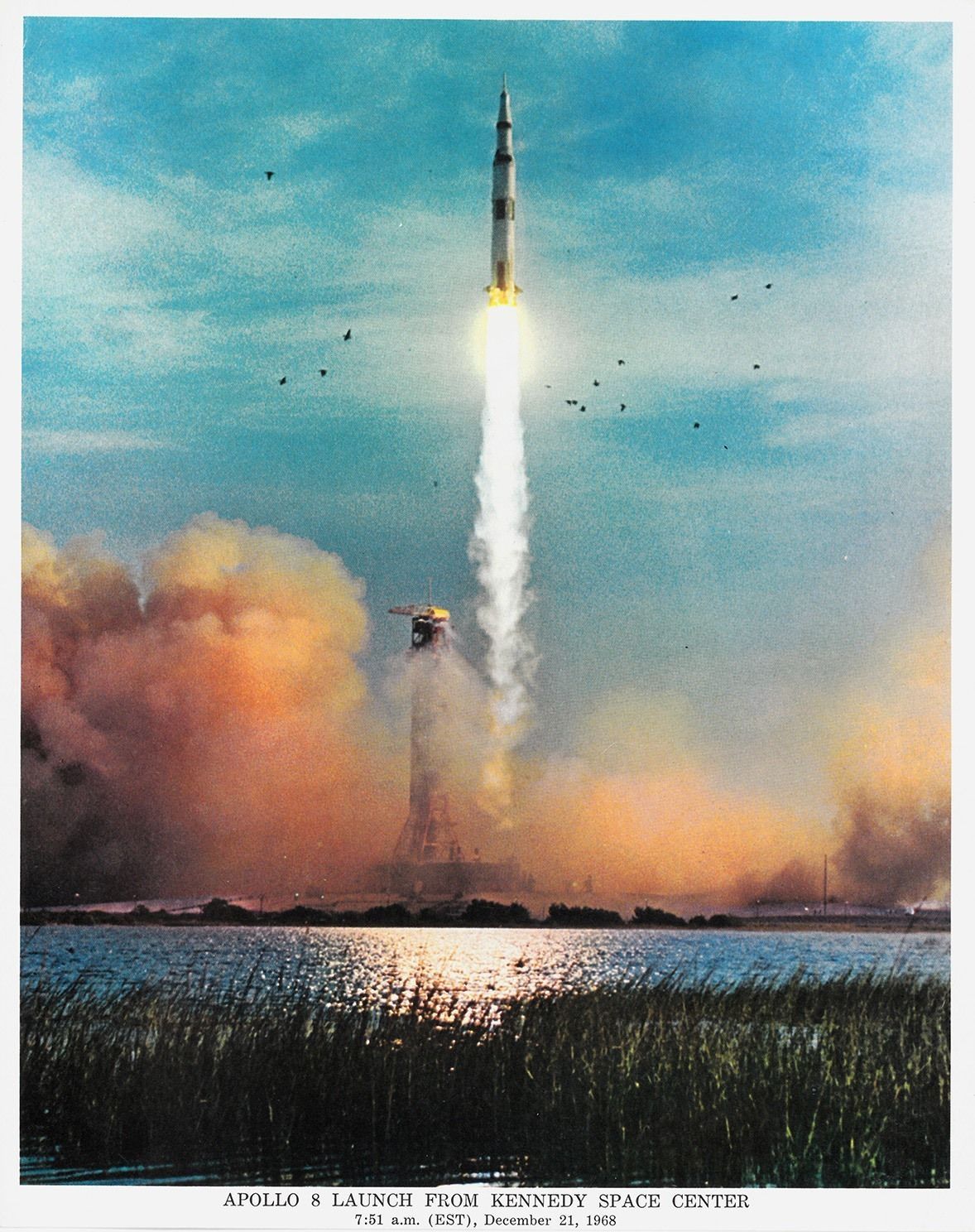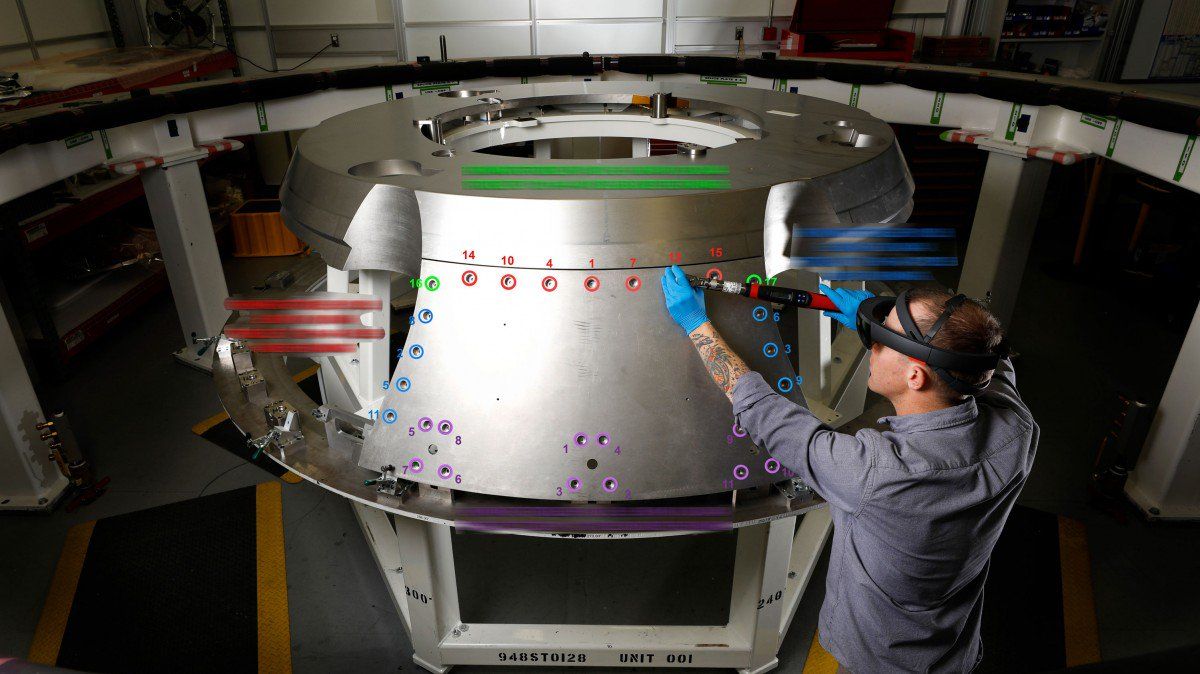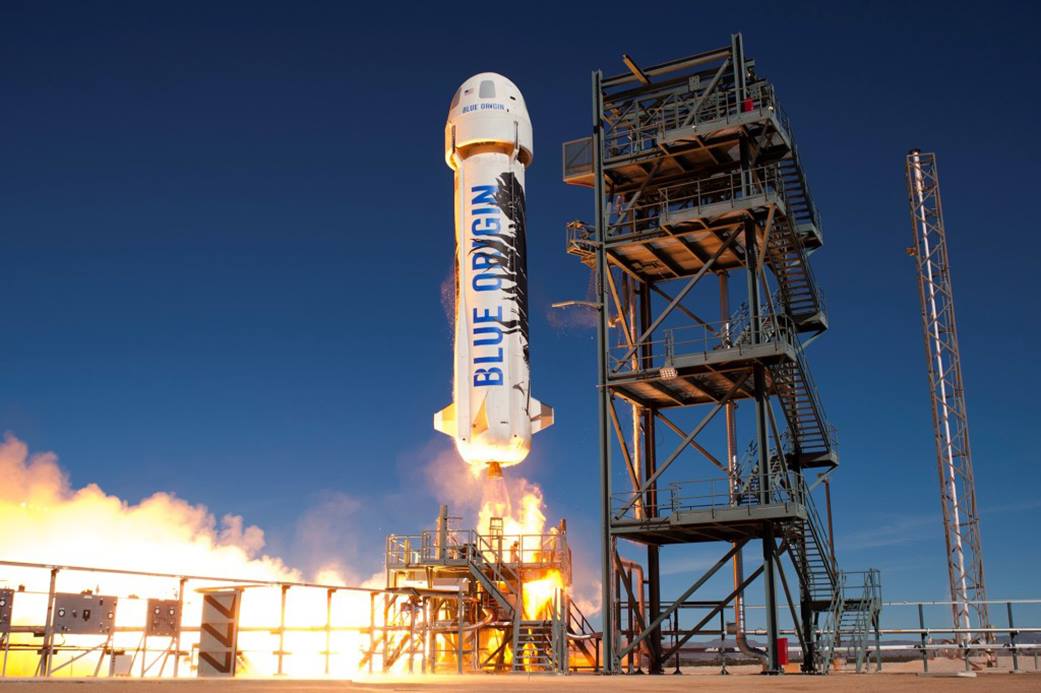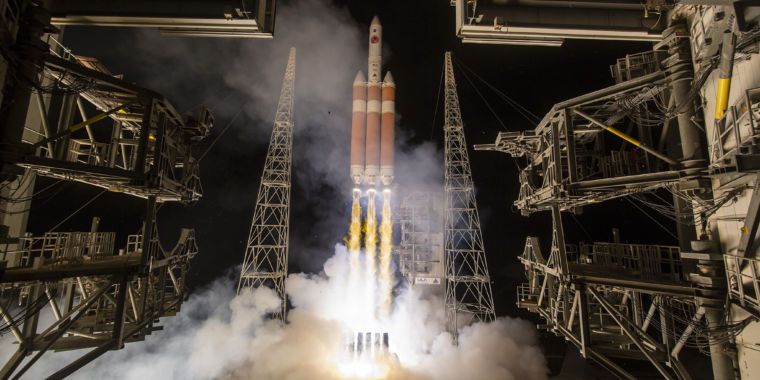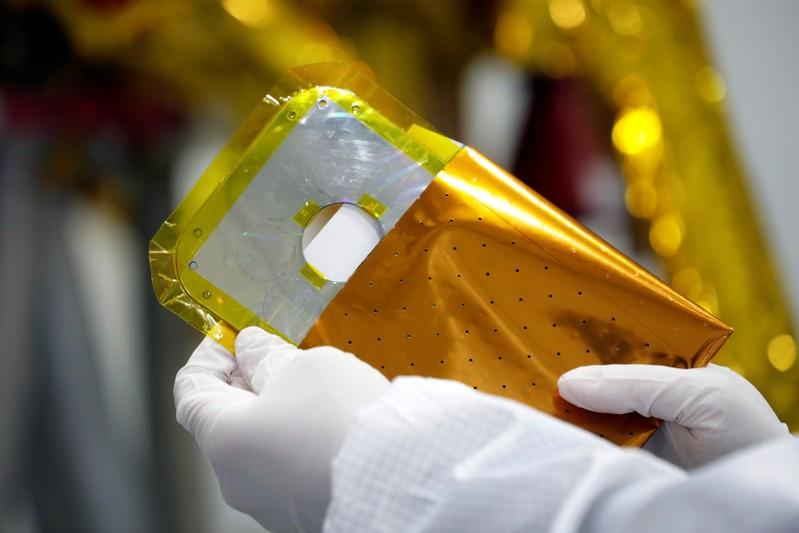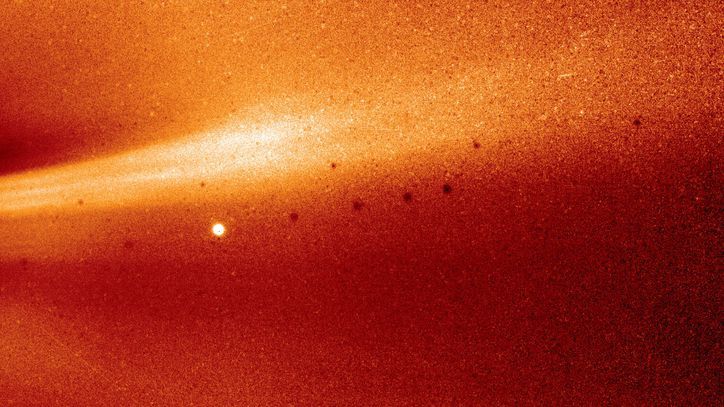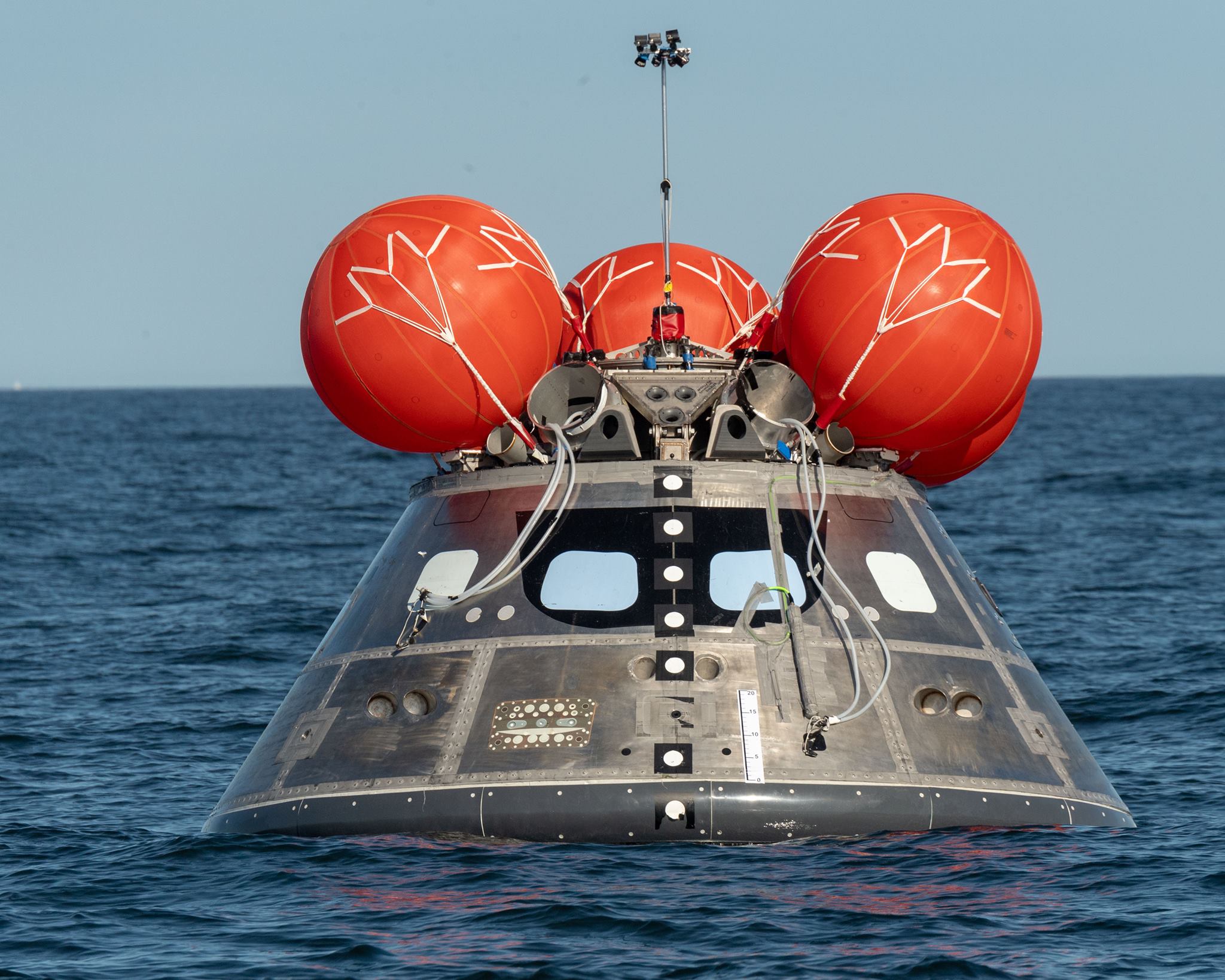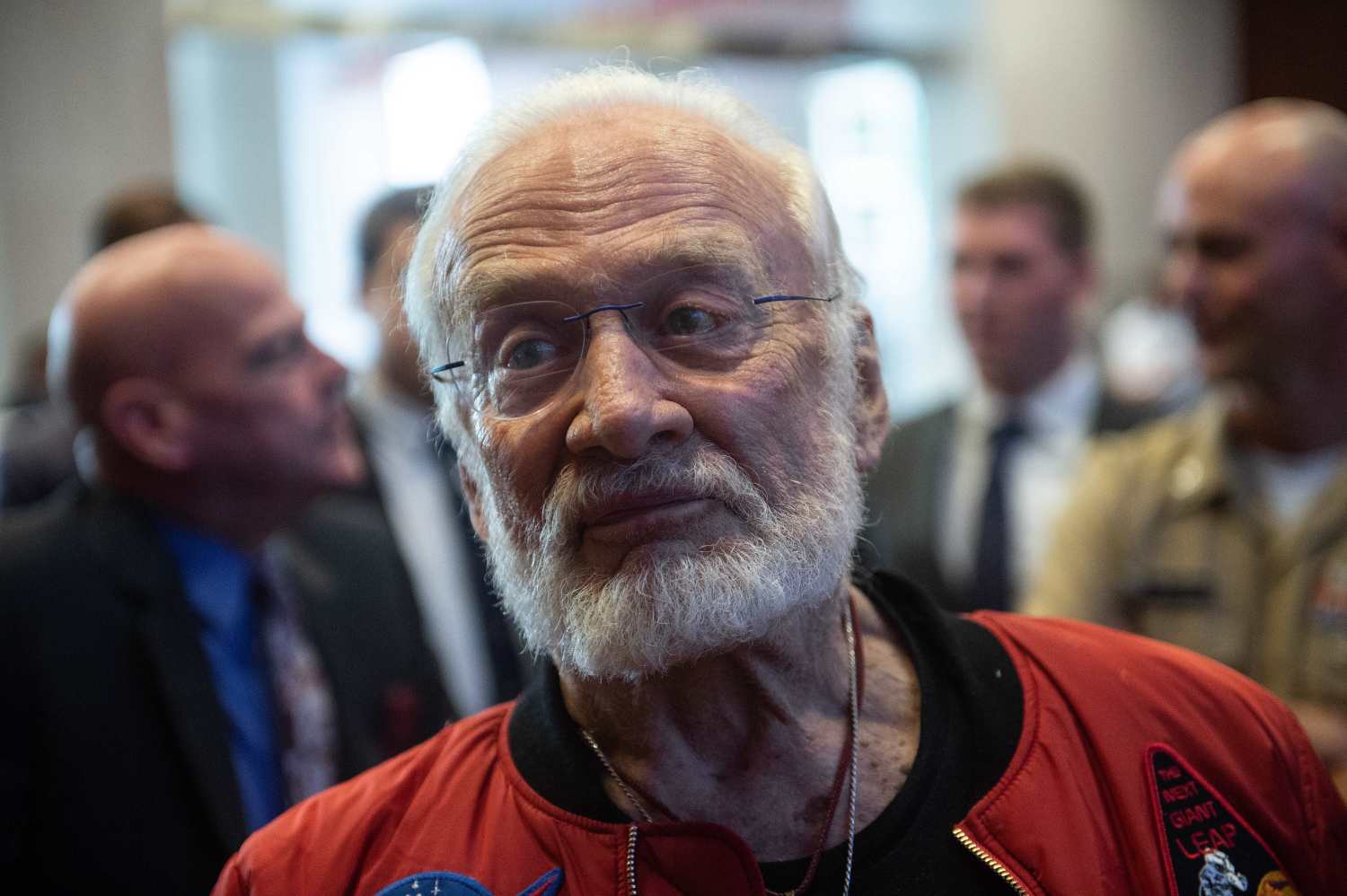Archive for the ‘space travel’ category: Page 386
Dec 20, 2018
NASA Administrator Jim Bridenstine Highlights Moon and Mars Exploration
Posted by Michael Lance in category: space travel
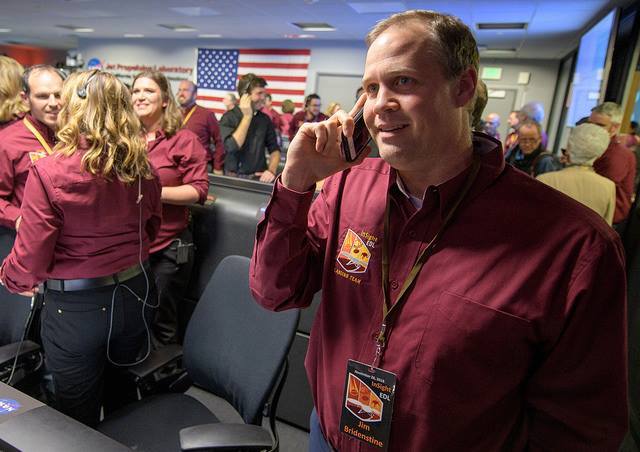
We’re returning to the Moon, to stay, and nine American companies will work on developing technologies to get there. Watch the latest episode of Watch this Space with NASA’s Administrator Jim Bridenstine to learn how we’re going forward to the lunar surface.
Dec 20, 2018
NASA is using HoloLens AR headsets to build its new spacecraft faster
Posted by Michael Lance in categories: augmented reality, space travel
Lockheed Martin engineers wear the goggles to help them assemble the crew capsule Orion—without having to read thousands of pages of paper instructions.
Dec 18, 2018
NASA Begins America’s New Moon to Mars Exploration Approach in 2018 — The Year @ NASA
Posted by Michael Lance in category: space travel

2018 was a huge success! We launched a mission to “touch” the Sun, stuck another nearly flawless #MarsLanding, marked our #NASA60th anniversary of opening our doors for business, welcomed NASA Administrator Jim Bridenstine and began #Apollo50 celebrations! That’s just some of what happened This Year @ NASA — there’s even more at http://www.nasa.gov/2018.
Dec 17, 2018
Nine NASA Technology research payloads are set for a valuable testing opportunity in microgravity
Posted by Michael Lance in category: space travel
In other words, they’re launching 🚀 to suborbital space! Liftoff aboard the Blue Origin #NewShepard reusable rocket is no earlier than 9:30 a.m. EST, Tuesday, Dec. 18. You can watch live on NASA Television: https://go.nasa.gov/2Es92Sc
Dec 17, 2018
Tuesday may deliver a triple-header of big launches to cap 2018
Posted by Genevieve Klien in category: space travel
Dec 17, 2018
Israeli spacecraft gets final element before 2019 moon launch
Posted by Genevieve Klien in category: space travel
At 60,000 km (37,000 miles) above Earth, the spacecraft will split off from the Falcon launch vehicle. It will at first orbit Earth in expanding ellipses and, about two months later, cross into the moon’s orbit. It will then slow and carry out a soft landing which should cause no damage to the craft.
“Our landing site is located somewhere between the landing sites of Apollo 15 and Apollo 17,” Anteby said. “It’s a flat area. But still it has small craters and a lot of boulders.”
Dec 17, 2018
NASA solar spacecraft snaps first image from inside sun’s atmosphere
Posted by Michael Lance in category: space travel
Dec 15, 2018
What happens when the Orion spacecraft returns back to Earth after traveling thousands of miles into deep space?
Posted by Michael Lance in category: space travel
Splashdown. Our engineers are testing the airbags to ensure they deploy and keep the spacecraft upright when it splashes into the ocean — even through rough waves or high winds. Dive in: https://go.nasa.gov/2Ek4ttf
Dec 13, 2018
Buzz Aldrin To Steph Curry: ‘Go Ask The Russians’ If We Landed On The Moon
Posted by Alberto Lao in category: space travel
Buzz to Steph Curry on the Moon landings: “Go ask the Russians…” Priceless. #buzzaldrin #Moon #NASA #MadhuThangavelu https://losangeles.cbslocal.com/2018/12/12/buzz-aldrin-steph…sBqDDiE-k4
LOS ANGELES (CBSLA) — The second man to walk on the moon doesn’t want to talk about NBA superstar Steph Curry’s theory that it never happened.
Former astronaut Buzz Aldrin, one of three men who took part in the Apollo 11 moon landing mission, was at USC Tuesday night to hear presentations by students on why the U.S. should attempt to return to the moon.
Continue reading “Buzz Aldrin To Steph Curry: ‘Go Ask The Russians’ If We Landed On The Moon” »
